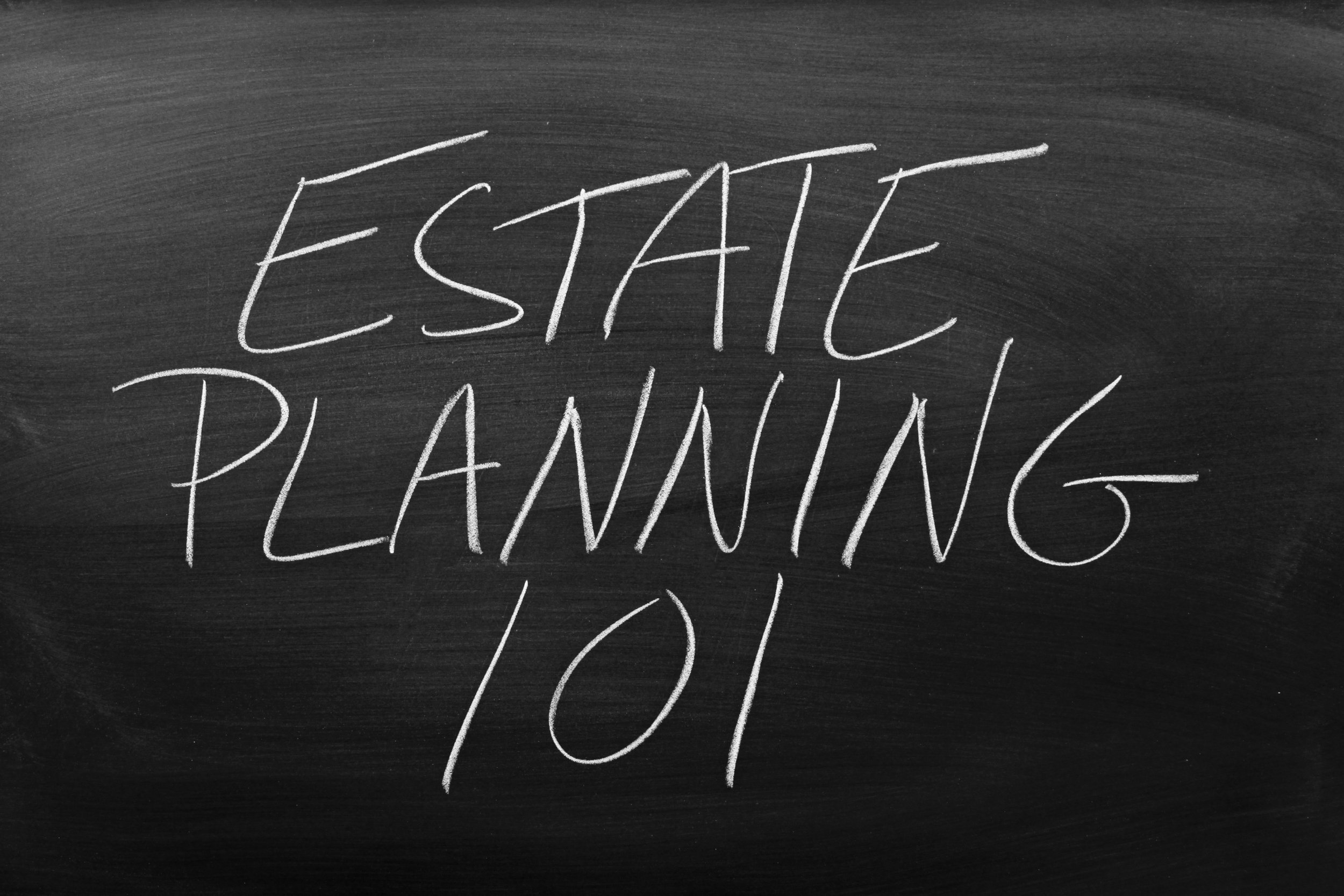FREQUENTLY ASKED QUESTIONS
Below are questions I am often asked and some explanations that you may find helpful.
WHAT IS ESTATE PLANNING?
Your estate is made up of everything you own - your car, home, other real estate, checking and savings accounts, investments, life insurance, furniture, personal possessions, etc. No matter how large or how modest, nearly everyone has an estate and something in common, you can’t take it with you when you die.
When that happens, you probably want to control how those things are given to the people or organizations you care most about. To ensure your wishes are carried out, you need to provide instructions stating whom you want to receive something of yours, what you want them to receive, and when you want them to receive it. Of course, you will want this to happen with the least amount paid in taxes, legal fees, and court costs.
That is estate planning - making a plan in advance and naming whom you want to receive the things you own after you die. However, good estate planning is more than that. It should also:
• Include instructions for passing your values (education, religion, hard work, etc.) in addition to your valuables.
• Include instructions for your care if you become disabled before you die.
• Name a guardian for minor children.
• Provide for family members with special needs without interfering with government benefits.
• Provide for loved ones who might be irresponsible with money or who may need future protection from creditors or divorce.
• Include life insurance to provide for your family at your death, disability income insurance to replace your income if you cannot work due to illness or injury, and long-term care insurance to help pay for your care in case of an extended illness or injury.
• Minimize taxes, court costs, and unnecessary legal fees.
• Be an ongoing process. Your plan should be reviewed as your family and financial situations (and laws) change over your lifetime.
Estate planning is for everyone. It is not just for retired people, although people do tend to think about it more as they get older. Unfortunately, we can’t successfully predict how long we will live, and illness and accidents happen to people of all ages. Nor is estate planning just for the wealthy. Good estate planning often means more to families with modest assets, because they can afford to lose the least.
WHAT HAPPENS IF I DO NOTHING?
If you don’t have an estate plan, your state has one for you, but you probably won’t like it.
At disability: If your name is on the title of your assets and you can’t conduct business due to incapacity, only a court appointee can sign for you. The court, not your family, will control how your assets are used to care for you through a conservatorship. It can become expensive and time consuming, it is open to the public, and it can be difficult to end, even if you recover.
At your death: If you die without an estate plan, your assets will be distributed according to the probate laws in your state. In many states, if you are married and have children, your spouse and children will each receive a share. That means your spouse could receive only a fraction of your estate, which may not be enough to live on. If you have minor children, the court will control their inheritance. If both parents die (i.e., in a car accident), the court will appoint a guardian without knowing whom you would have chosen. Oftentimes, multiple family members will petition the court to obtain the guardianship of the child, which could cause additional stress to your child during what would already be a very traumatic time.
Given the choice, wouldn’t you prefer these matters be handled privately by your loved ones, not by the courts?
WHAT IS SO BAD ABOUT PROBATE?
There are several challenges with probate. First, it is very expensive. Also, since all the decisions are in the court’s hands, it can take a long time for things to be concluded; in California, typically a year or more. Your personal information is no longer private, which means anyone can see information about your family and young children. Plus, all decisions regarding your family and assets are left up to the court. A judge will make the decision on how and when to distribute your assets. A judge will also make decisions on the wellbeing of your children, including who will care for them and who will be in charge of their finances. With a properly drafted estate plan, these decisions are in your hands.
WHAT IS THE DIFFERENCE BETWEEN A WILL AND A TRUST?
A will provides your instructions, but it does not avoid probate. Any assets titled in your name or directed by your will must go through your state’s probate process before they can be distributed to your heirs. If you own property in other states, your family will probably face multiple probates, each one according to the laws in that state. The process varies from state to state, but it can become expensive with legal fees, executor fees, and court costs. It can also take anywhere from nine months to a few years, or longer. Probate files are usually open to the public and excluded heirs are encouraged to come forward and seek a share of your estate. In short, the court system, not your family, controls the process.
In contrast, a trust can avoid probate at death, prevent court control of assets at incapacity, provide maximum privacy, and can be changed by you at any time so long as you still have capacity. It can also reflect your love and values to your family and future generations.
Unlike a will, a trust doesn’t have to die with you. Assets can stay in your trust and be managed by the trustee you selected until your beneficiaries reach the age you want them to inherit. Your trust can continue longer to provide for a loved one with special needs, or to protect the assets from beneficiaries’ creditors or spouses.
A trust is more expensive initially than a will, but considering it can avoid probate at death and court interference at incapacity, I consider it to be a bargain.
CAN I DO THIS BY MYSELF?
Yes, but there are so many pitfalls to doing it on your own that it’s generally not worth it. Usually, websites and software programs that offer estate planning capabilities offer only the most basic documents and very little guidance. Without a lawyer, there’s no one you can ask questions of and no one asking questions of you to ensure you include all the necessary documents and provisions to properly protect your family. The self-drafted documents I have reviewed are generic, targeted at the retiring population, and often don’t address enough of the specific needs of a young family.
HOW LONG DOES IT TAKE TO CREATE AN ESTATE PLAN?
Creating an estate plan usually takes about 3-5 weeks. However, if you have an upcoming trip or medical procedure, I can work with you to speed up this process.
DO I NEED TO LIVE IN THE BAY AREA TO WORK WITH YOUR FIRM?
No, but you must live in California as I am only licensed to practice law in California. I have used technology to represent clients virtually throughout California. Because I understand the challenges and schedules of young families, I offer virtual meetings when it’s more convenient for my clients. This allows me to still get to know my clients and build relationships despite our busy schedules.
WHAT DO YOU CHARGE?
I understand that people are often concerned about fees when working with a lawyer, especially if those fees are hourly based. I offer a free estate planning initial consultation, at which time I can assess your particular situation and give you a quote based on your specific needs. Also, I never begin working on an estate plan unless both parties have agreed to the fee in advance. I typically offer a flat fixed fee for estate planning services, which I quote at the end of our first meeting.


